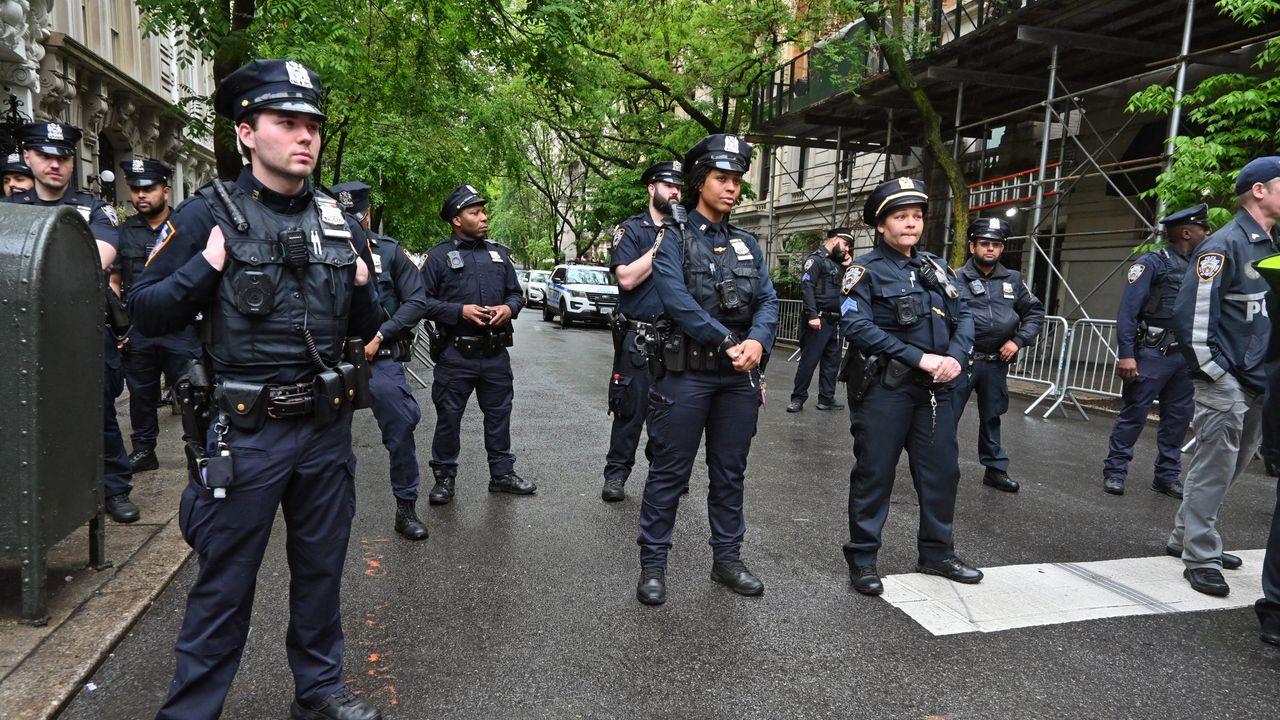I wrote the book Copaganda based on my years of being a civil rights lawyer and public defender representing the most vulnerable people in our society. I watched as the police and the news media distorted how we think about our collective safety. Copaganda makes us afraid of the most powerless people, helps us ignore far greater harms committed by people with money and power, and always pushes on us the idea that our fears can be solved by more money for police, prosecution, and prisons. Based on the evidence, this idea of more investment in the punishment bureaucracy making us safer is like climate science denial.



I feel like this is a truly vital thing to understand about propaganda in general. Very often, everything that’s being said is true. The art is in what to focus on, how much emphasis to give to small pieces of the picture, and how to give them emotional weight so that the artificially inflated singular piece you’re presenting will become a lasting and resonant part of people’s image of the picture as a whole.
Headline: “Teen Stabs Woman After Playing Violent Video Game”
Alternative equally true headline about the same story they’d never use: “Teen Stabs Woman After Eating Cheeseburger”
It doesn’t even have to be true or false. ‘Uncle Sam’ was propaganda to get young men to enlist out of national pride.
There were no facts in the ‘I want you’ campaign, it was pure emotional appeal